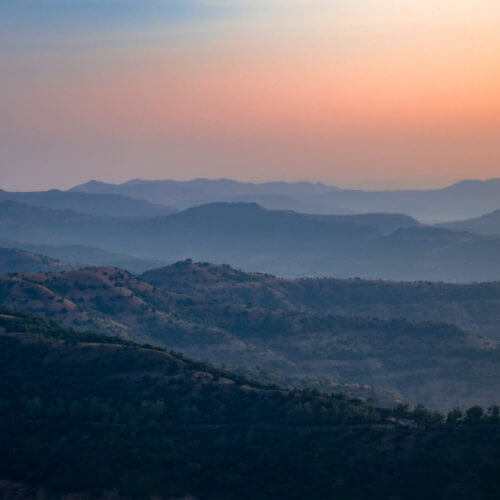Welcome to The Slow Newsletter, your weekly dose of dazzling, aha-moment-generating Vedic wisdom. The Slow is where we break down teachings on meditation and consciousness to inspire easy, abundant living—even in the most demanding times.
If you’d like to receive these insights directly in your inbox, click here.
💬 Quote of the Week
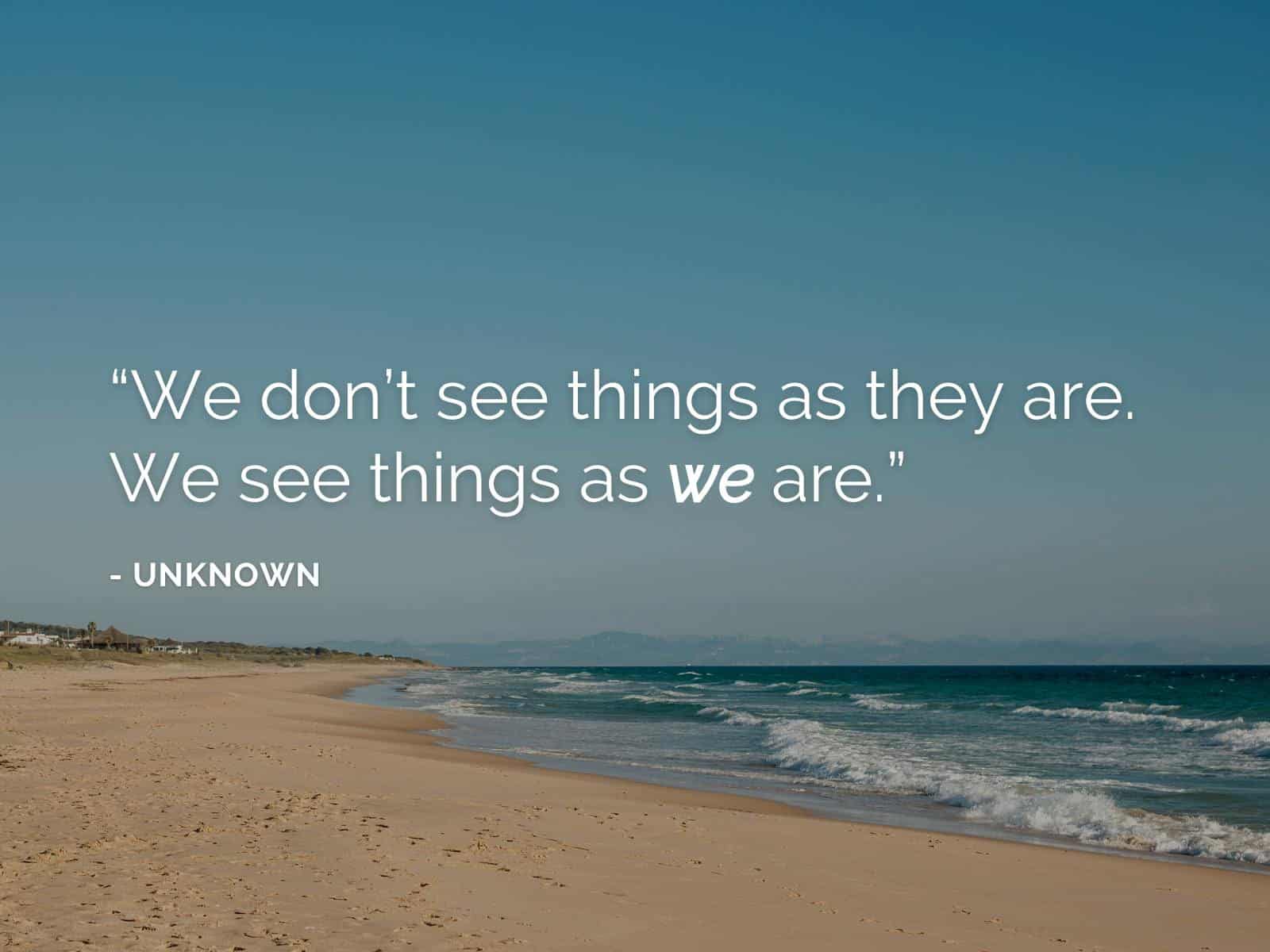
Sometimes, you stumble upon a teaching that shakes up your whole worldview. You start seeing things differently, and once you do, there’s no “unseeing” it.
For many, it’s that classic “lightbulb moment.” The first time I came across this idea, it felt more like a punch to the gut.
Realizing that how we see the world isn’t just a factor in our happiness—it’s THE determining factor—changes everything.
I understand that for most of us, it’s a big leap from our old habit of pointing fingers and blaming others for our unhappiness. But the magic happens when we turn inward and get curious about our own role in the story. That’s when we start to accelerate our growth and evolution. And trust me, once you’re on that magic carpet ride of fast evolution, there’s no going back.
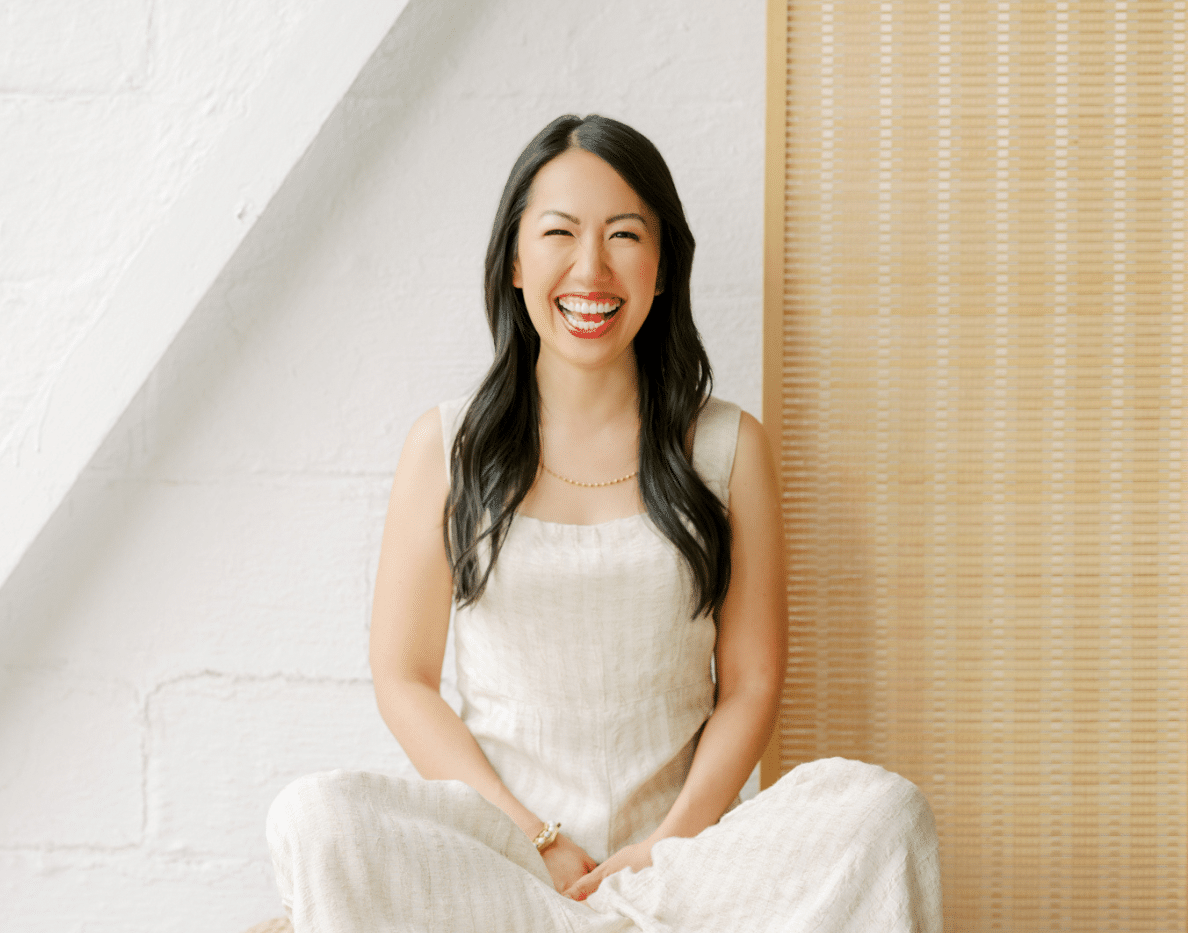
Receive free weekly wisdom notes and practical tips.
Subscribe Now📚 Knowledge Sesh: How to Create Happiness Habits
There’s a growing body of research around habits—how to build them, how to stick to them, and why we either crush it or flop when trying to keep them around.
Researchers can debate whether it takes 66 days, 6 weeks, or 5 daily reminders to make a habit stick…
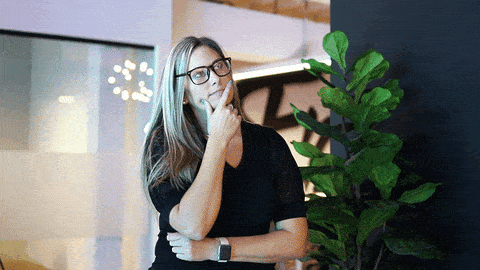
But here’s what we really need to focus on (in my humble opinion): Why are we creating the habit in the first place? And from what state of consciousness is that desire actually coming?
We’ve all been there: setting out to create a new habit, thinking, “Once I nail this, I’ll achieve my goal…and THEN I’ll be happy.”
But here’s the catch—we’re missing the driving motivation behind all of this. If our habits are born from an “I’ll be happy when…” mindset, we’re setting ourselves up for an endless chase.
Happiness isn’t a destination you reach through doing. The finish line always moves. Suddenly, you’re left in pursuit of the next thing…and the next. The thrill wears off, and the targets just keep changing.
So, what’s the real secret? Create habits that nurture happiness from within. With a practice like Vedic Meditation, you uncover a steady, self-referral happiness. This is happiness that’s not hitched to an outcome, a person, a place, or a promotion. It’s that solid baseline, that feel-good anchor, which is actually your true nature.
When you form this habit of baseline happiness, all other habits naturally fall into place—and stick around for the long haul.
🛋️ Dear Susan: I’m meditating but still feeling emotional. Any advice?
Dear Susan
“I’m struggling with relationships and continuing my line of work. I have had some better days through Vedic meditation—I haven’t missed a day since learning— but I’m not as willing to brush things off anymore. I’m irritated, sad, and emotional. Any advice for me? – CT, 4-week meditator.”
Dear Meditator
One of the greatest gifts of establishing Vedic Meditation in our daily routine is the restfulness it brings, allowing us to awaken to the vision of our highest value in life. It gives us the clarity to see our greatest potential and the unique offering we bring into this world.
But with this awakening comes the inevitable dance with change. It doesn’t just suggest it—it demands it. Because evolution only happens through change.
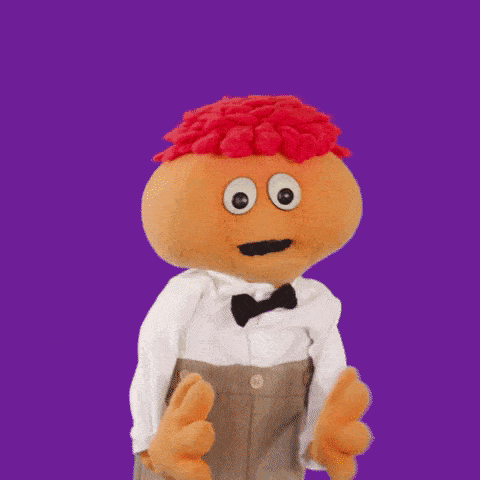
When we’re less stressed and more well-rested, we start to see things with fresh eyes. We notice areas in our lives ripe for an upgrade, and aspects of our relationships or careers that might have quietly slipped past their expiration dates. Instead of being asleep to these unsustainable elements, or actively avoiding them, we now find them intolerable in ways we simply couldn’t before.
We stop brushing things off in the ways that we used to, resisting change or delaying it.
Something good is happening.
In this way, however, meditation can sometimes make life feel more “chaotic” than it did before we began. It’s not that meditation is causing the chaos; it’s revealing, uncompromisingly, that it’s time to evolve. The demands for change surface from deep within, and the emotions that come with it can feel turbulent.
As stress leaves the mind and body, we are left with a stronger sense of what we truly deserve—the very best for ourselves. And often, this awareness calls us to take active steps toward that vision.
My best advice? Welcome what you’re experiencing. Approach it with acceptance and curiosity, and explore where you’d like to make some changes. Let Vedic Meditation be your anchor, guiding you through the chaos and bringing you back to your center.
From this place of deep rest, take inspired action toward the vision you hold for your highest self. Keep meditating and follow your heart.


